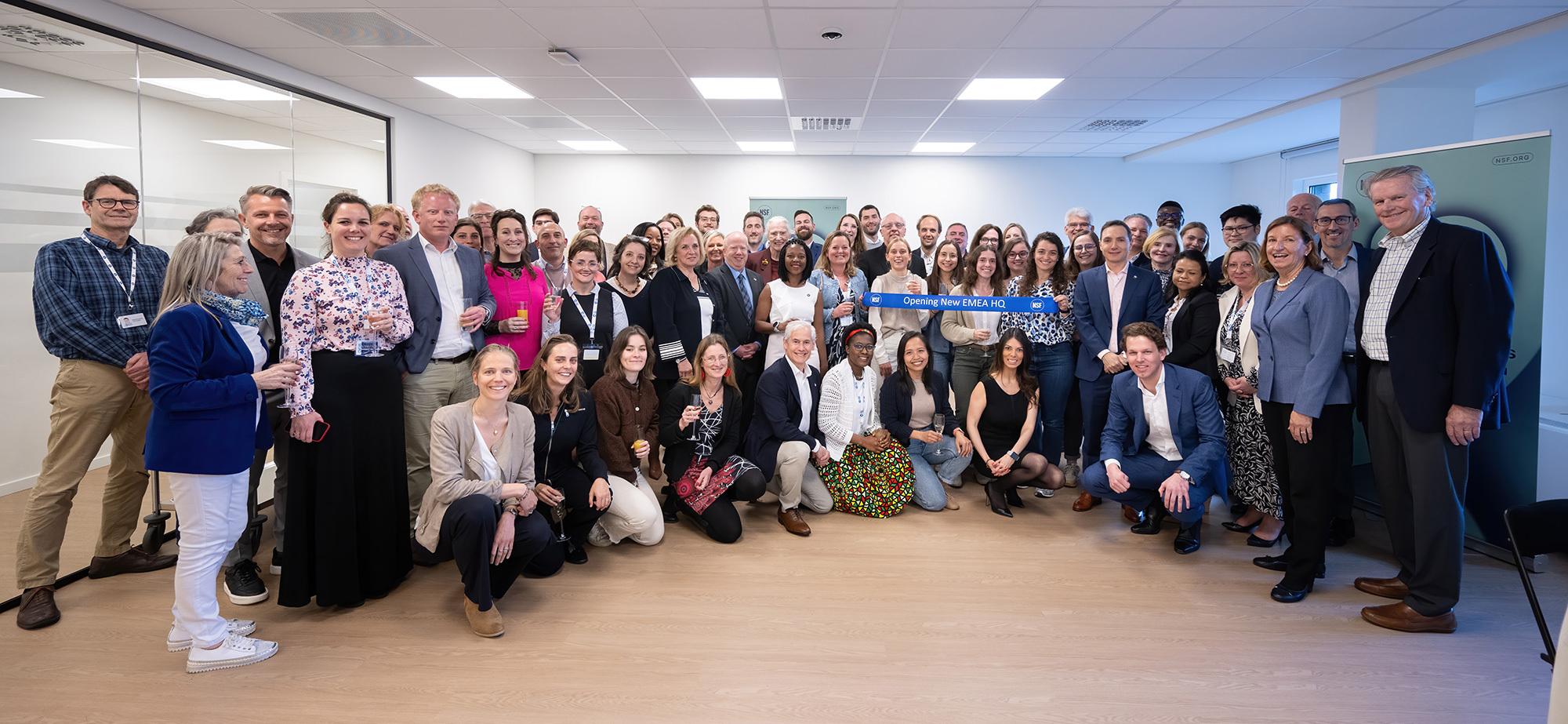What’s New in the NSF/ANSI 2 Food Equipment Standard?

NSF/ANSI 2: Food Equipment is a standard that establishes minimum food protection and sanitation requirements for the materials, design, fabrication, construction and performance of food handling and processing equipment (such as tables, counters, hoods, shelves, sinks and other basic equipment structures used in commercial food service environments).
The standard has recently been updated to encompass glass and glass-like tableware, including beverage ware, dinnerware and flatware. While glass and ceramic tableware are used extensively in food service establishments, they present the potential for chemical hazards (such as the presence of heavy metals in contact with food) and physical hazards (by being easily breakable into small pieces with sharp edges). The update to NSF/ANSI 2 helps minimize these risks. During the certification process, NSF verifies the toxicological aspects of a manufacturer’s tableware and performs impact resistance and thermal shock testing to ensure the product’s durability.
In addition to closing a historical gap in third-party certification for glass and glass-like tableware, here are some other industry trends we’re seeing that make the update to NSF/ANSI 2 timely.
- An expanding hospitality sector. Despite the pandemic, the global hospitality market continues to expand. This includes hotel chains, restaurants, coffee shops, pubs and bars — all heavy users of glassware.
- More exotic barware. No one wants their cocktail (or mocktail) served in the wrong-shaped glass. From martini glasses to highball tumblers and everything in between, the trend for more visually appealing cocktails has led to an increase in the shapes and sizes of glassware.
- An unquenched thirst for coffee. Only a few decades ago, coffee was a simple drink served in a coffee cup. Today, the possibilities for coffee-based drinks are endless, with new flavors, toppings and a variety of plant-based milk drinks offering more choices than ever before. This is a global trend, and coffee-based drinks are increasingly being served in glassware.
- Suited to sustainability. In many parts of the world, glass is one of the few materials that has a well-developed recycling infrastructure. For this reason, some may prefer to source this kind of tableware over other materials.
- Unstoppable innovation. Manufacturers continue to develop better products. Innovations such as improved thermal performance and advances in manufacturing processes have boosted the attractiveness of these types of products.
Find out more about the latest update to NSF/ANSI 2 as well as how to get your products certified.
Ready to Begin the Certification Process?
Contact us with questions or to receive a quote.
How NSF Can Help You
Get in touch to find out how we can help you and your business thrive.

